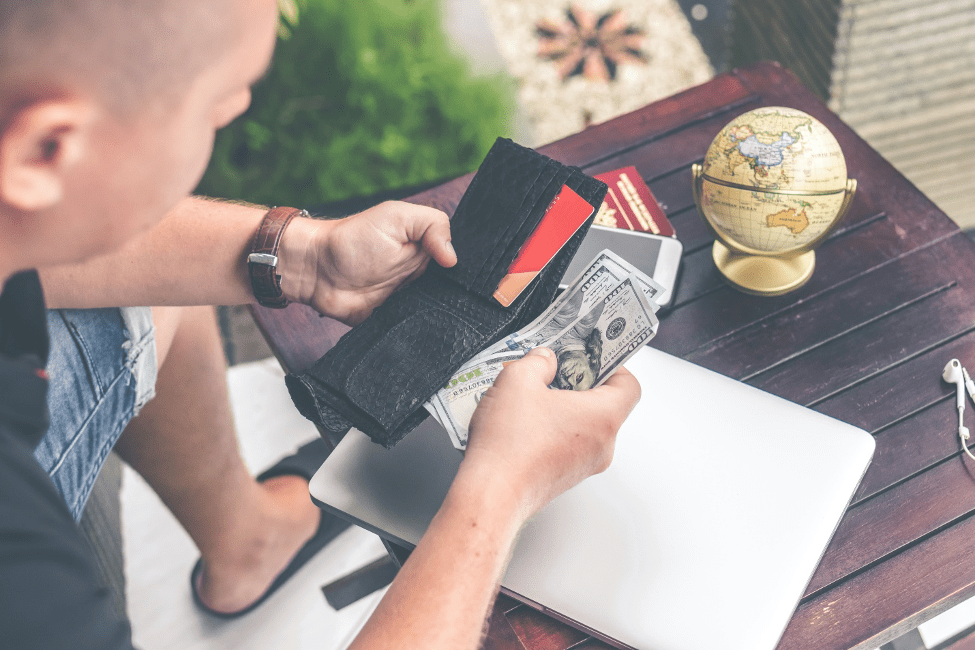If there’s anything everyone can agree on, it’s the fact that life is uncertain and unpredictable. There are times when unexpected expenses arise, and you have no choice but to either go for a loan or take money out of your retirement/savings account. Especially for someone who doesn’t have insurance, a trip to the hospital can pile up to an expensive bill. To protect yourself and your loved ones from dealing with this sort of financial setback, you need to set up an emergency fund.

Pexels | You cannot avoid an emergency, but you can be prepared for it
What Is an Emergency Fund?
To put it simply, an emergency fund is a sum of money that you keep apart from your savings and daily expenses. As the name suggests, this fund is supposed to be your safety net in dire situations or in the face of unexpected financial losses. While emergency funds can hinder the process of saving, they can also protect you from having to take out a loan or pay high-interest credit card bills.

Pexels | Emergency funds can help you out in many ways and can protect you from a greater financial strain.
How Big Should Your Emergency Fund Be?
Now that you are well aware of the idea behind emergency funds, the question arises: how much should you set aside in the name of emergency? According to financial advisor Dave Ramsey, you should start by saving up to $100 and slowly go up from there. Ramsey, who is a renowned financial commentator, provides guidance and details regarding emergency funds.

Pexels | Struggling with your finances? Take the expert’s advice
Debt is tough, and the growing interest rate only makes it worse. Ramsey suggests that people looking into paying off their debt should start by setting aside at least $1000 and focus solely on being debt-free first. Once you start paying it off, you can start adding a bit to your emergency fund.
Final Verdict
While Dave Ramsey’s advice sounds rational and reasonable, in the end, it all comes down to you. Since everyone experiences different circumstances and handles financial issues in their way, you must figure out your needs yourself.







